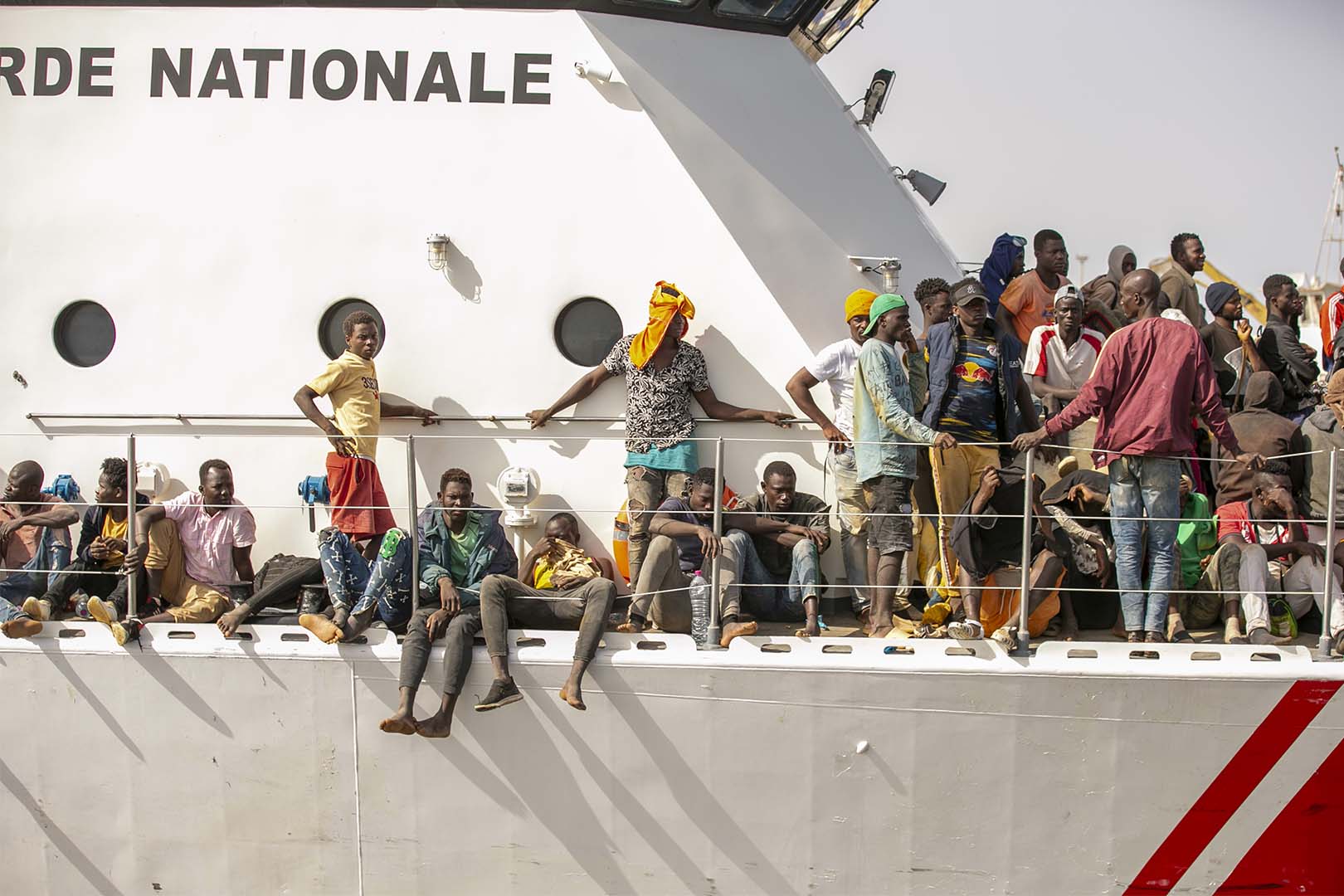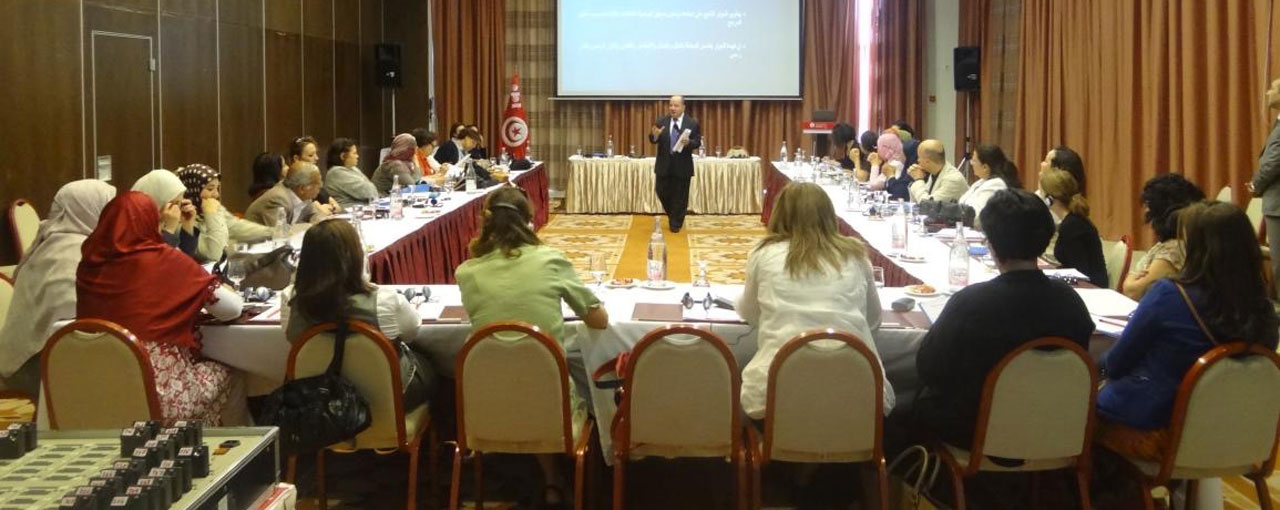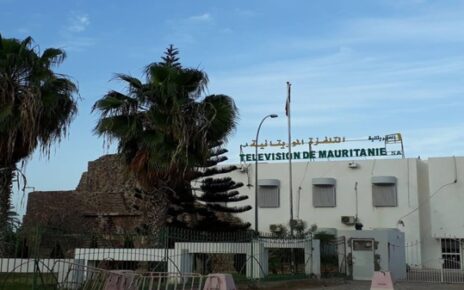The European Union’s migration deals with Tunisia and Mauritania have proved to be controversial, with the former strongly criticized for fundamental rights violations of migrants stranded in the north African country, while the latter has not discouraged thousands of Africans from increasingly going through Mauritania to reach European shores.
In July 2023, the EU signed with Tunisia a ‘Memorandum of Understanding on a Strategic and Global Partnership’, mainly aimed at stemming migration in exchange for strengthened cooperation in other policy areas.
In April 2024, the EU granted €210 million in aid to Mauritania, nearly €60 million of which was earmarked to fight illegal migrants trying to reach the Canary Islands in a bid to eventually reach continental Europe.
But both deals were met with strong criticism from both civil society and institutional bodies such as the European Parliament, the European Ombudsman, and several EU member states. As a recent analysis in the Netherlands International Law Review points out, the EU policy trend of externalizing migration control through partnerships with third countries generate concerns about EU’s complicity in the fundamental rights violations of migrants.
While fewer people landing on Italian shores looks like a success, critics point to the ensuing logjam on the Tunisian coastline that is feeding anger and despair among migrants and Tunisians. The UN High Commissioner for Human Rights (UNHCR) said recently it was “very concerned by the increased targeting in Tunisia of migrants, mostly from south of the Sahara, and individuals and organizations working to assist them.” The UNHCR also highlighted “a rise in the use of dehumanizing and racist rhetoric against Black migrants and Black Tunisians.”
Meanwhile, though the EU-Mauritania deal sought to discourage the illegal migrants to take the treacherous journey by small boats from Mauritania’s coast to Spain’s Canary Islands, the reality is that migrants are increasingly going through the west African country. As the EU is struggling to secure more migration deals with countries like Niger, this has not deterred flows of migrants, mostly from the Central Sahel and the Gulf of Guinea, from heading to Nouadhibou in Mauritania’s northwest, making it a migratory crossroads and transit hub.



